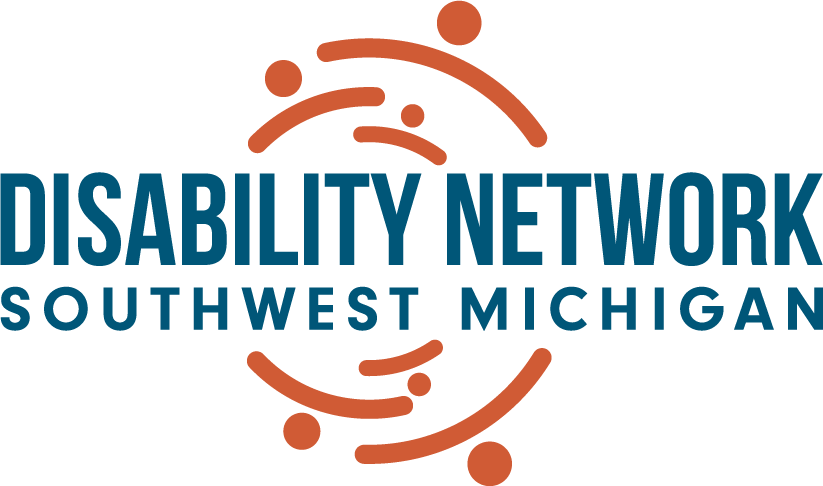
Information recently released from the Bureau of Labor Statistics indicates that across all age groups, people with disabilities are much less likely to be employed than those without disabilities. As recently as 2021, the employment rate for people with disabilities is 19.1% compared to 63.7% for individuals without disabilities. This harsh contrast is no surprise for those in the disability community who live with the stark realities of disability employment discrimination every day.
Many people make assumptions about people with disabilities; believing that most people with disabilities are not able to work, or worse, that they don’t want to. This perception is not only wrong, it is damaging to people with disabilities. It plants a seed in the minds of employers that says, “Is this person even capable of working?” or “Does this person really want to work?”
Disability discrimination does not stop at the hiring stage. According to a recent Accenture survey, 80% of employees with disabilities did not feel their workplace culture was committed to helping them thrive and succeed. The same survey revealed that 76% of employees with disabilities don’t even disclose their disabilities at work due to the negative impact they fear it would have on their careers. This is a no-win situation for the employee – on one hand they may experience negative repercussions for disclosing their disability, while on the other hand, not disclosing makes it impossible for them to request a needed accommodation that might allow them to perform at their fullest potential.
Employers often expect that employees with a disability will require costly job accommodations. In reality, many disabilities don’t require an accommodation at all. Furthermore, a survey conducted by the Job Accommodation Network (JAN) across a wide spectrum of industry-type and company-size, reported more than half (56%) of accommodations cost nothing at all to implement. The remaining accommodations had a typical cost of only $500 or less.
As is often the case with any oppressed or marginalized population, disability discrimination in the workplace is a systemic problem that is strongly affected by societal factors. People with disabilities are more negatively impacted by such things as inadequate public transportation, lack of affordable accessible housing, lack of affordable quality health care, and standardized educational institutions. People with disabilities have an increased need and fewer options for navigating the barriers in their community, putting them at a distinct disadvantage compared to people without disabilities.
Even though laws such as the Americans with Disabilities Act and the Michigan Persons with Disabilities Civil Rights Act layout specific requirements to protect people with disabilities from employment discrimination, it still exists. Organizations may not even be aware that their practices are discriminatory, or at best, not welcoming to people with disabilities. In addition to examining physical space for accessibility, it is equally important for employers to review their policies. From job descriptions and hiring applications to dress codes, educational requirements, and work hours – all employee policies should be examined through a disability lens.
Resources Related to Disability Employment Discrimination:
- JAN – The Job Accommodation Network
- Workplace Fairness: Disability Discrimination
- Great Lakes ADA – ADA Guide for Employers & Businesses: The Recruitment, Application, and Hiring Process.
- EARN – Encouraging Applicants with Disabilities: Job Descriptions & Announcements
Ways you can DARE to Impact Change:
- If you are an employer, have a Disability Inclusion Assessment done (contact Disability Network Southwest Michigan).
- If you are employed, join or ask about starting a disability-focused Employee Resource Group (ERG) or Affinity Group.
- Following an interview, once you are either hired or told you won’t be, provide feedback to the human resources department regarding the process and how they can be more accommodating to people with disabilities.
- The following are bills in congress related to creating disability equity in the workplace:
- Transformation to Competitive Integrated Employment Act (H.R.2373 / S.3238): This bill would provide grants for states and organizations to eliminate 14c waivers and eventually end subminimum wage for workers with disabilities.
- Disabled Access Credit Expansion Act (H.R.4714 / S.2481): Increases tax credits for employers that improve accessibility and provides additional funding for ADA mediation services.
- Disability Employment Incentive Act (H.R.3765 / S.630): Expands tax credits and deductions for employers who hire disabled workers.
More Information on the Topic:
- Article: This is How Employers Weed Out Disabled People From Their Hiring Pools
- Article: Make It Safe for Employees to Disclose Their Disabilities
- Article (UK): Discrimination at Work: ‘I was shocked when the interviewer ghosted me’
- Video: TEDx: Disability vs the Workplace
Note: This article is a publication of Disability Network Southwest Michigan and was written for our DARE to Impact Change publication which provides Disability Advocacy, Rights & Education. Follow this link for more info and to subscribe to our DARE to Impact Change e-publication.
